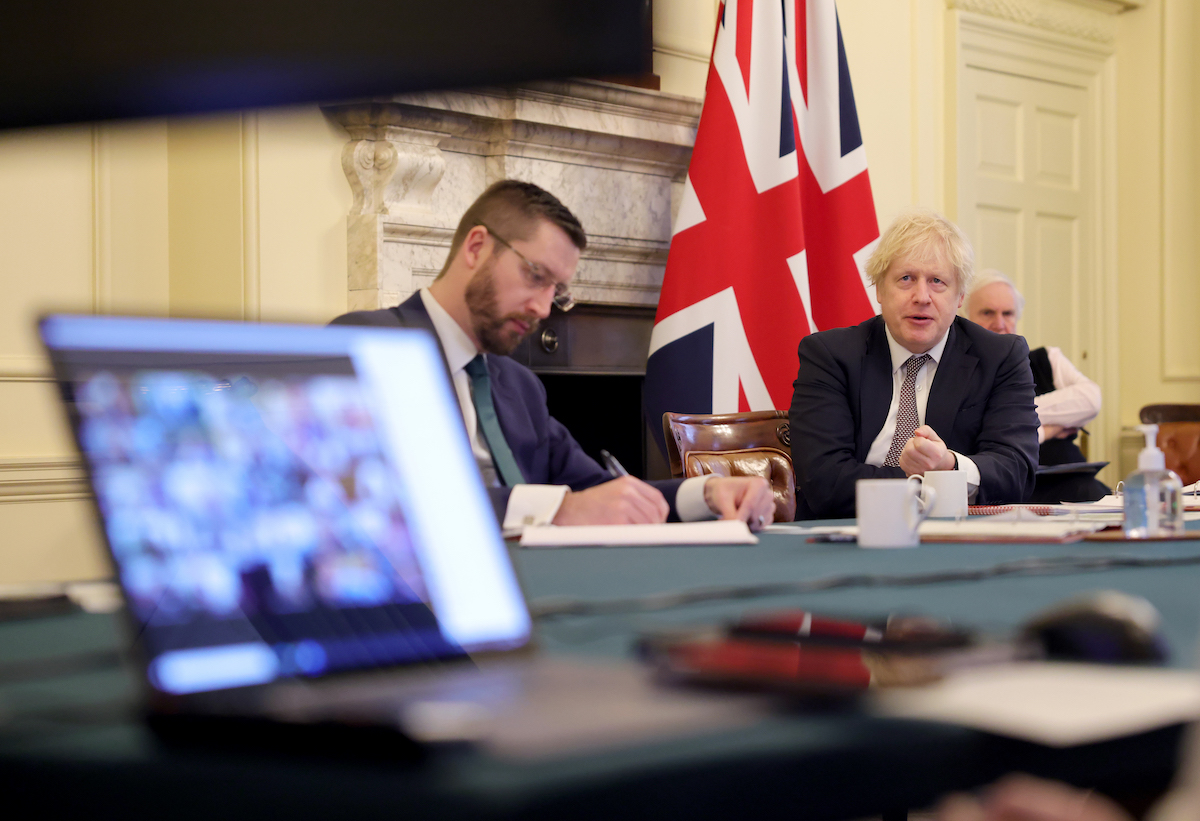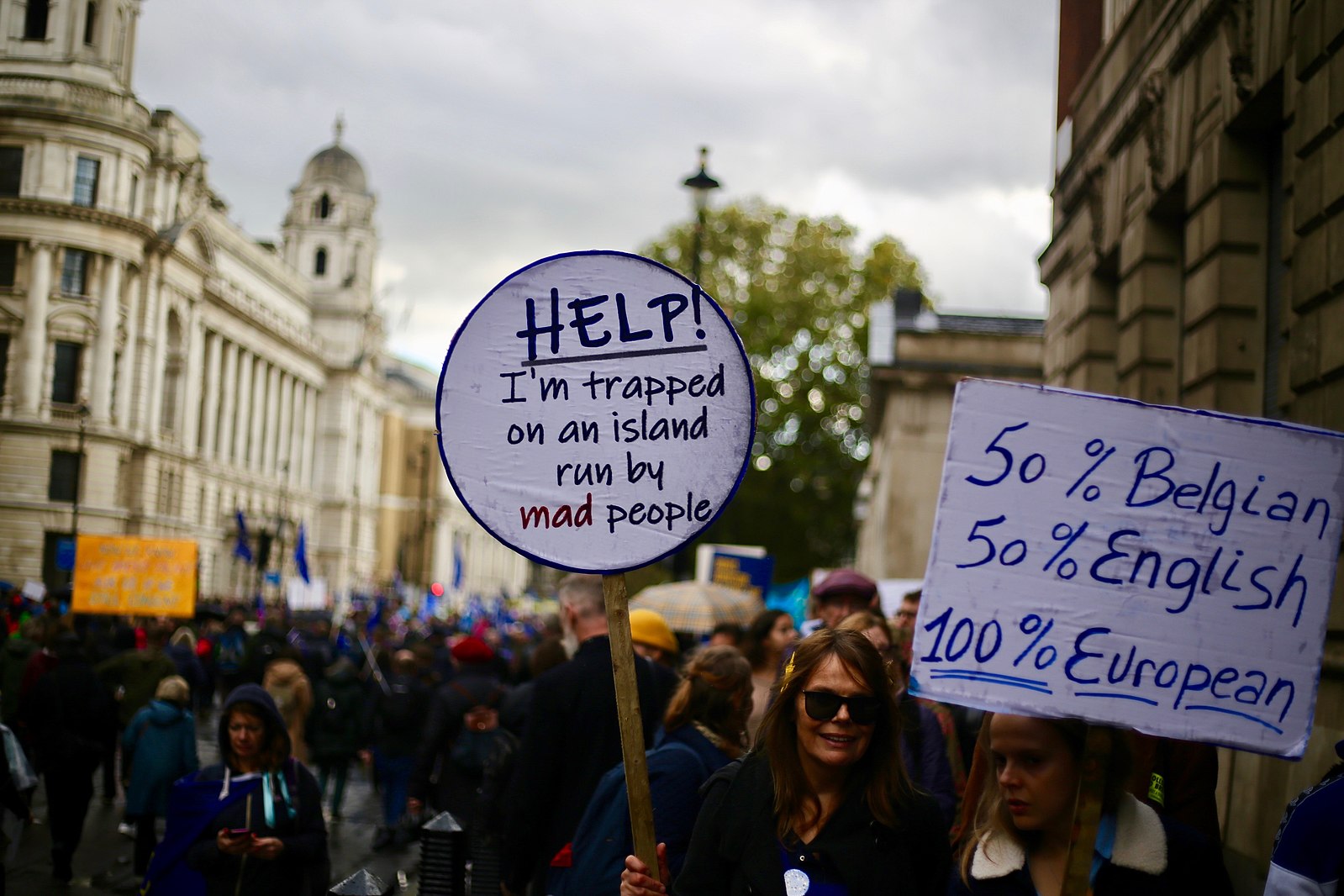The United Kingdom officially left the European Union’s single market and customs union on Dec. 31, making Brexit a full reality.
“This is an amazing moment for this country,” said Boris Johnson, UK Prime Minister, in a New Year’s message. “We have our freedom in our hands, and it is up to us to make the most of it.”
The four-year-long process—which started with a slim majority vote in 2016—finally came to an end as Europe rang in the new year. The economic trade deal made in December was meant to create a smooth transition when the UK left the trade union, however the effects of Brexit are being felt by businesses in many aspects.
From the UK’s Institute for Government, specialist Brexit researcher Maddy Thimont Jack spoke to Al Jazeera about the change. “Although there will be no tariffs on goods moving between the UK and EU,” Jack said, “there will be new non-tariffs barriers—new checks and paperwork—which will make it more costly to do trade.”
The fishing industry in particular was hit extremely hard by the new trade deal, according to CNN.
“What they want us to do now is just impossible to work with live shellfish. Timings, costs involved, paperwork, it’s crazy,” said Allan Miller, the owner of UK company AM Shellfish. “If they don’t change [the process], a lot of these companies are going to go out of business. A lot of these fishing communities have been fishing for generations. What are they going to do?”
On Jan. 18, more than a dozen trucks owned by shellfish firms drove past houses of Parliament and parked outside of Johnson’s home in protest of “Brexit-related red tape,” according to AP News.
“If this debacle does not improve very soon we are looking at many established businesses coming to the end of the line,” said Alasdair Hughson, chairman of the Scottish Creel Fisherman’s Federation.
“For years this government has promised our fishing industry a sea of opportunity, but today our boats are tied up in harbor, their propellers filled with red tape manufactured in Whitehall,” Scottish lawmaker Alistair Carmichael said to Parliament on Jan. 14.
The fishing industry is not the only industry feeling the effects of Brexit. Due to the new tax system, many industries based in the E.U. that sell to the UK—and vice versa—are being affected.
According to The Guardian, the economic trade deal introduces tariffs on items if 40% or more of the value, pre-finish, did not originate in the UK or E.U. It also requires all E.U.-based companies to register for a UK value-added tax (VAT) number, since the UK is no longer included in the E.U.-wide tax system.
In some cases, import taxes are being passed on to the consumer, with some UK customers receiving bills for over £100 in import duties when ordering from E.U. companies.
“The next day the usual UPS courier came back to give me an invoice of £121.67 customs charges,”said Lisa Walpole, who ordered £236 worth of clothes from a Norweigan website, according to The Guardian. “I asked if this was because of Brexit and he told me that they had loads of additional paperwork and charges,”
Some E.U. companies made the decision to stop selling to the UK altogether due to the increase in fees and paperwork.
“The British government deciding to impose a unique taxation regime which will require every company in the world in every country in the world outside the UK which exports to the UK to apply and collect British taxes on behalf of the British government,” The Dutch Bike Bits website states. “Therefore from mid December 2020 onward we ship to every country in the world…except the UK.”
According to AP News, Environment, Food and Rural Affairs Secretary George Eustice said the hiccups were “only teething problems.” “Once people get used to using the paperwork,” Eustice said, “goods will flow normally.”
Even though the new trade deal has left many companies stuck in the middle, some UK citizens were also able to experience the benefits of Brexit.
Since the UK is not bound by E.U. tax rules, the UK is able to make decisions on what is being taxed.
“I’m proud that we are today delivering on our promise to scrap the tampon tax. Sanitary products are essential so it’s right that we do not charge VAT,” Chancellor Rishi Sunak wrote.
Brexit allowed the UK to end taxes on sanitary products, as the country is no longer required to charge the mandatory minimum 5% tax on what the E.U. deems “non-essential luxury items.”
“I think it’s worth reminding ourselves that we will be able to do things like abolish the tampon tax…only because we’re leaving the E.U.,” said MP Sir Bernard Jenkin to Parliament, according to Al Jazeera.




